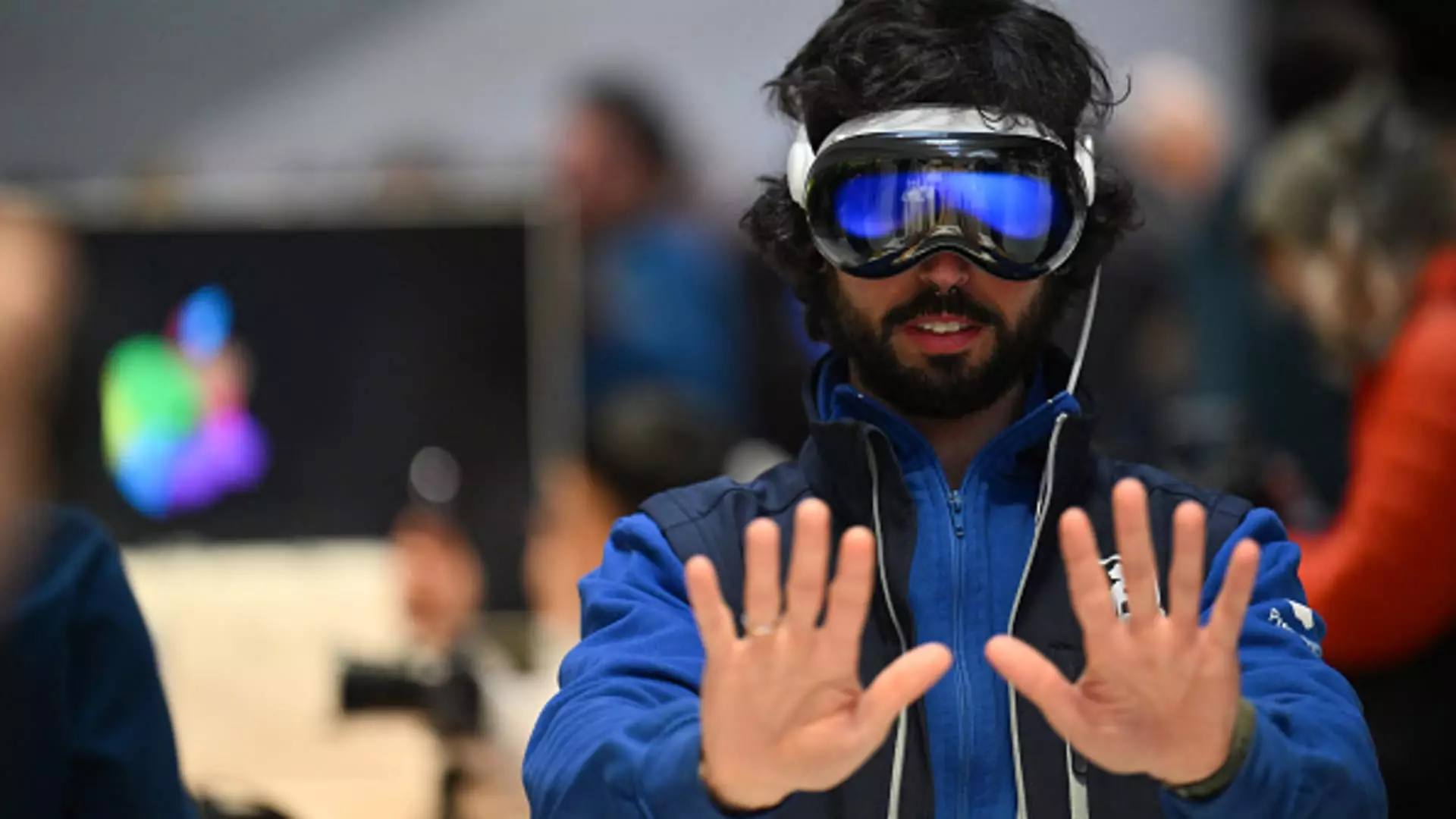Apple’s relentless commitment to secrecy is legendary in the tech world. The recent lawsuit filed against former engineer Di Liu exemplifies this fiercely guarded protectiveness. While many corporations value intellectual property, Apple’s approach seems almost paranoid, bordering on obsession. The company’s aggressive legal stance underscores a culture where any breach—perceived or real—is met with swift, severe consequences. This stance, although understandable given the competitive landscape, raises questions about transparency, employee trust, and even fairness in an industry that benefits from innovation shared openly. Apple’s stance demonstrates a desire to maintain dominance at all costs, but it also reveals an underlying vulnerability—reliance on guarding secrets rather than fostering an environment conducive to collaboration and innovation.
Trade Secrets Versus Ethical Boundaries
The lawsuit paints a picture of a former employee allegedly exploiting access to sensitive data in his final days at Apple, downloading thousands of confidential documents onto personal cloud accounts. While it’s understandable that departing employees might retain some knowledge, the scale and intent implied in this case indicate a troubling breach of trust. This raises an ethical dilemma about the boundaries of employee confidentiality: are companies justified in restricting staff to such an extreme degree, or does this level of control stifle creativity and morale? Apple’s choice to pursue legal action, rather than internal resolution, suggests it views its trade secrets as sacrosanct assets—more valuable than the individual contributions of its staff. It exemplifies a corporate mindset where secrecy overrides the human element—where fear of leaks seems to trump a more balanced approach to employee rights and motivation.
The Competition and the Fear of Innovation Poaching
The case also highlights the ruthlessness of competitive tech markets, where intellectual property is a key resource. Notably, Apple alleges that Liu’s move to Snap—a rival working on augmented reality devices—poses a significant threat to its innovation pipeline. This reveals a broader concern: modern tech giants are increasingly wary of talent poaching, especially when it involves strategic projects like Apple’s Vision Pro headset. Apple’s aggressive legal posture aims to set a precedent that safeguards its technological breakthroughs from being easily transferred or copied. But this tactic is double-edged; it fosters a climate of suspicion and mistrust within the workforce. While protecting trade secrets is legitimate, overreach and paranoia risk alienating employees, making it harder to attract top talent committed to collaboration rather than surveillance.
The Ethical Cost of Legal Warfare
Apple’s litigious approach creates a complex moral landscape. On one hand, the company has a right to defend its innovation from intellectual theft. On the other, excessive litigation fosters a culture of fear and mistrust that could stifle the very creativity it seeks to protect. Far too often, these high-stakes legal battles become symbolic of corporate overreach—a desire to control every shred of proprietary information at the expense of fair employee relations. Moreover, the focus on legal action against former staff overlooks opportunities to create ethical, transparent pathways for innovation sharing—paths rooted in trust rather than suspicion. This strategy, arguably, sacrifices long-term company morale for short-term legal victories, risking reputational damage and diminishing the company’s appeal as a desirable place to work.
Implications for the Industry and Society
What Apple’s aggressive stance reveals is a broader societal tension: How do we balance the need for economic competition with ethical responsibility? The tech industry’s obsession with secret-keeping comes at a societal cost—hindering the free flow of ideas and talent. If companies double down on secrecy and legal intimidation, they may inadvertently slow down technological progress and foster a climate of hostility rather than collaboration. As consumers and advocates for innovation’s ethical expansion, we should question whether unchecked corporate defensiveness is sustainable or desirable. It is vital to advocate for a middle ground—one where intellectual property is protected without sacrificing the openness that fuels genuine technological advancement and societal benefit.
Apple’s recent actions serve as a microcosm of a broader debate—how fiercely should innovation be guarded, and at what point does this guarding become detrimental? The answer, in my view, lies in striking a social and corporate balance, fostering environments where trust, transparency, and innovation coexist without the shackles of relentless secrecy.


Leave a Reply